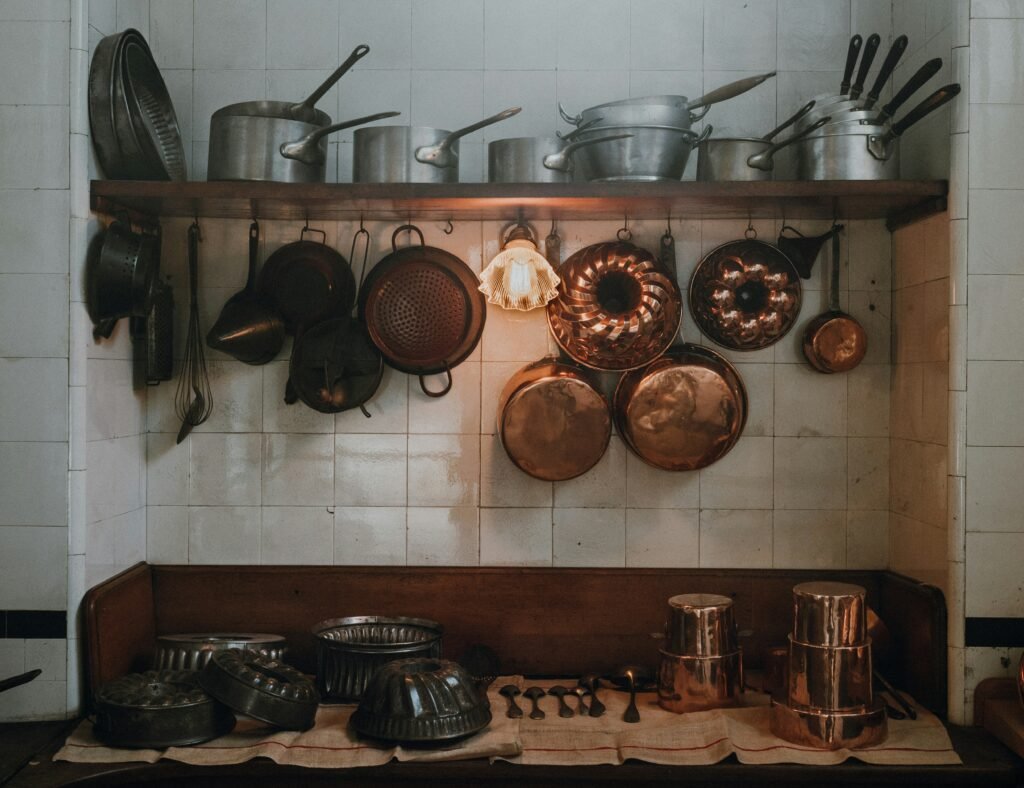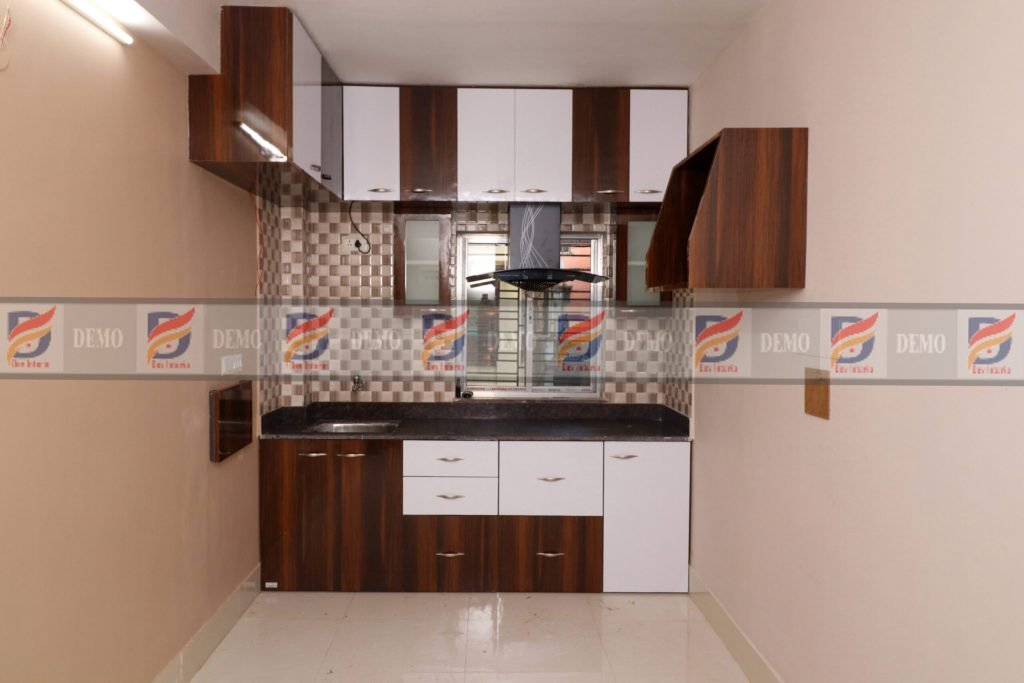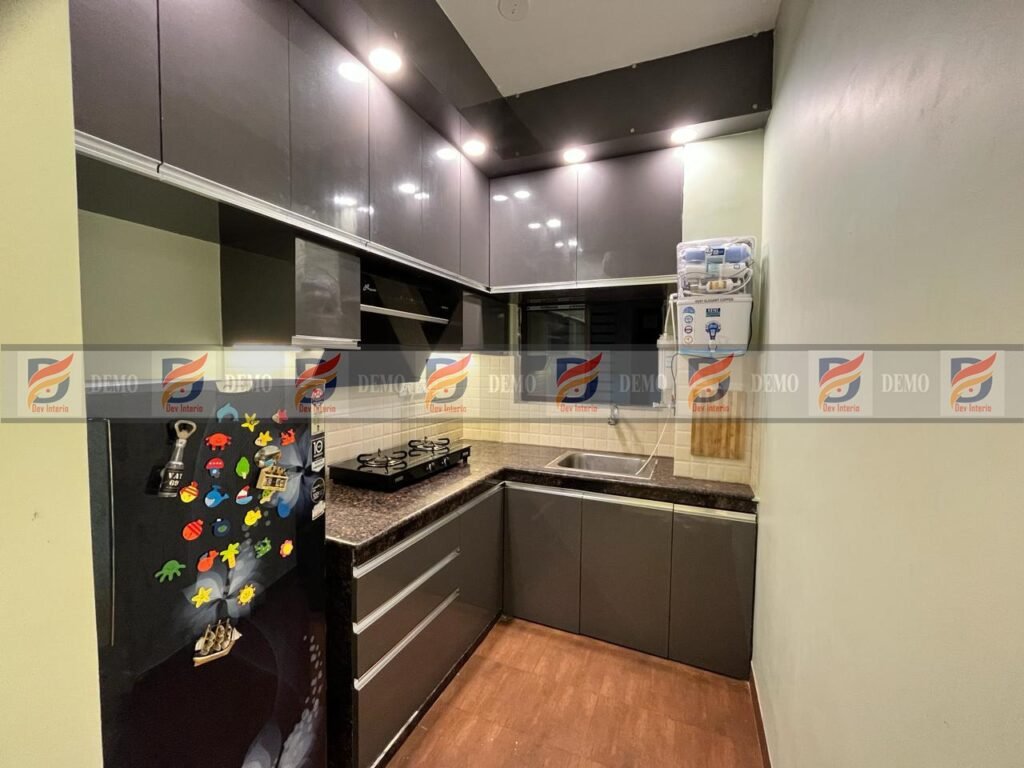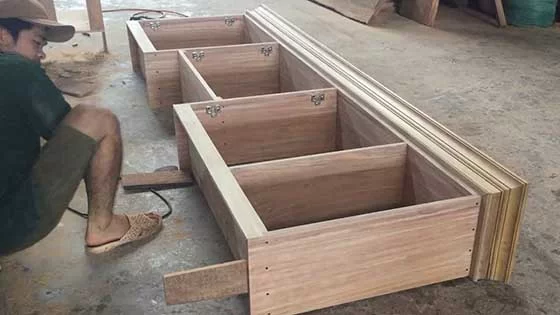161/1, Srinagar Gate No 1, Jagadish Chandra Lane 4, Madhyamgram, Kolkata - 700129
info.devinterio@gmail.com
+91 8240067965

Dear Reader!
In comparing Modular Kitchen versus CarpenterMade Kitchen, Dev Interio emerges as one of the best interior design company in Kolkata, serving Barasat, Madhyamgram, Sodepur, Salt Lake, Rajarhat, Newtown, and Barrackpore for the past decade. Renowned for its expertise in modular kitchen design, Dev Interio has established a trusted reputation within the industry.
Visit Dev Interio To discuss in details about best Modular Kitchen design options, materials required, Cost Estimation and different pacakages. Click Here For The Location.
Welcome to the great kitchen debate: Modular Kitchen vs. CarpenterMade Kitchen. As you embark on your journey to create or renovate your kitchen, you may find yourself torn between these two options. Fear not! In this comprehensive guide, we’ll delve into the nuances of each, helping you make an informed decision that aligns with your needs, preferences, and lifestyle.
A kitchen is a designated space within a home or establishment where food preparation, cooking, and sometimes dining activities take place. It typically contains various fixtures, appliances, and utilities designed to facilitate these tasks efficiently. The layout and components of a kitchen can vary widely depending on factors such as cultural preferences, available space, and individual needs. In addition to its practical functions, the kitchen often serves as a social hub where family members or guests gather to share meals, conversations, and memorable moments. Overall, the kitchen plays a vital role in daily life, serving as a focal point for nourishment, creativity, and connection within the home.

Photo by Nicolas Gras on Unsplash
The history of kitchens in Indian civilization is rich and diverse, reflecting the country’s deeprooted culinary traditions and cultural heritage. Kitchens have been integral to Indian households for centuries, serving as the heart of the home where families gather to prepare and share meals.

In ancient times, Indian kitchens were often simple spaces with basic cooking equipment such as clay pots, grinding stones (known as “sil batta”), and open hearths or stoves fueled by wood, charcoal, or cow dung. These traditional cooking methods were passed down through generations and varied depending on regional customs and availability of resources.
As Indian civilization evolved, so did its culinary practices and kitchen designs. With the advent of urbanization and technological advancements, kitchens began to incorporate more sophisticated tools and appliances. As Time passes luxurious palaces and noble households boasted elaborate kitchen setups with large hearths, tandoors (during Guru Govind Singh regime), and intricate utensils for preparing rich and flavorful dishes.
The colonial period also left its mark on Indian kitchens, introducing new ingredients, cooking techniques, and kitchen appliances brought by European settlers. This period saw the emergence of new kitchen gadgets such as pressure cookers, gas stoves, and refrigerators, revolutionizing the way food was prepared and stored in Indian households.
In contemporary India, kitchens continue to evolve to meet the demands of modern living while preserving traditional culinary practices. Urbanization, globalization, and technological advancements have led to the adoption of modular kitchen designs, stainless steel appliances, and advanced cooking technologies. However, despite these changes, the essence of Indian kitchens remains deeply rooted in family, community, and the rich tapestry of flavors that define Indian cuisine.
Overall, the history of kitchens in Indian civilization is a testament to the enduring importance of food and cooking in Indian culture, showcasing the resilience and adaptability of Indian kitchens through the ages.

Welcome to the world of modular kitchens, where convenience meets style and functionality. In today’s fastpaced world, the kitchen has evolved beyond just a space for cooking; it’s now a hub for social gatherings, family bonding, and culinary creativity. Modular kitchens offer a modern solution to meet the demands of contemporary living, with their sleek designs, smart storage solutions, and customizable features. Whether you’re a seasoned chef or an occasional cook, understanding the fundamentals of modular kitchens is essential for creating a space that not only reflects your personality but also enhances your daily culinary experience. Let’s delve deeper into the world of modular kitchens and unravel the secrets behind their growing popularity and practicality.

A modular kitchen is a predesigned and prefabricated set of cabinets, drawers, shelves, and other components that are assembled onsite. These components come in standard sizes and can be easily customized to fit the available space and meet specific requirements.
A modular kitchen is essentially a preplanned and prebuilt arrangement of various kitchen elements like cabinets, drawers, shelves, and more. These elements are designed to fit together seamlessly and are manufactured in standard sizes. The beauty of a modular kitchen lies in its adaptability; it can be customized to fit any space, regardless of its size or shape. This means that homeowners have the flexibility to personalize their kitchen according to their specific needs and preferences. Whether it’s adjusting the height of cabinets or choosing a particular style of drawer, modular kitchens offer endless possibilities for customization. Additionally, the assembly of a modular kitchen typically takes place onsite, allowing for easy installation and minimal disruption to the home. Overall, the concept of a modular kitchen revolves around convenience, functionality, and versatility, making it a popular choice for modern living spaces.
History Of Modular Kitchen
The concept of modular kitchens traces back to the early 20th century, although its roots can be found even earlier in various forms of prefabricated and standardized kitchen components. One significant milestone in the history of modular kitchens occurred during the postWorld War II era when there was a surge in demand for efficient and modernized living spaces.
In the 1940s and 1950s, companies like Sears, Roebuck and Co. in the United States began offering modular kitchen units as part of their home improvement catalogs. These early modular kitchens featured standardized cabinets, countertops, and appliances that could be easily assembled and installed in homes. This approach to kitchen design aimed to streamline the construction process and provide homeowners with affordable yet stylish options for their kitchens.
The 1960s and 1970s saw further advancements in modular kitchen technology, with companies experimenting with new materials and design concepts. The introduction of laminates, stainless steel, and other durable materials revolutionized the aesthetic appeal and functionality of modular kitchens. Additionally, advancements in manufacturing techniques allowed for greater precision and customization, enabling homeowners to create personalized kitchen spaces that suited their individual tastes and lifestyles.
By the late 20th century, modular kitchens had become increasingly popular around the world, driven by factors such as urbanization, changing lifestyles, and technological advancements. The rise of mass production and globalization further fueled the proliferation of modular kitchen designs, making them accessible to a wider range of consumers.
Today, modular kitchens have evolved into sophisticated and highly customizable systems, offering an array of features such as builtin appliances, smart storage solutions, and ergonomic designs. With their emphasis on convenience, efficiency, and aesthetics, modular kitchens continue to be a preferred choice for homeowners and designers alike, shaping the way we perceive and interact with our living spaces.
Embarking on the journey of kitchen design or renovation opens up a realm of possibilities, each offering its unique charm and functionality. Among these options, carpentermade kitchens stand as a testament to craftsmanship and customization. Crafted onsite by skilled artisans, these kitchens bear the mark of individuality and attention to detail. In this exploration of carpentermade kitchens, we unravel the artistry behind these bespoke culinary spaces and delve into the factors that make them a timeless choice for homeowners seeking unparalleled customization and quality.

Image Source: Google
A carpentermade kitchen, as the name suggests, is constructed onsite by skilled carpenters or craftsmen. It involves the customization of each element according to the homeowner’s specifications and the available space.
A carpentermade kitchen, as the name implies, is a kitchen space that is meticulously crafted onsite by experienced carpenters or skilled craftsmen. Unlike prefabricated modular kitchens, which come in standardized units, a carpentermade kitchen offers a bespoke solution tailored to the homeowner’s specific preferences and the unique dimensions of the space available. Every element of a carpentermade kitchen, from the cabinets and countertops to the shelves and fixtures, is custombuilt according to the homeowner’s specifications. This level of customization allows for greater flexibility in design, enabling homeowners to create a kitchen that perfectly reflects their style and meets their functional needs. Additionally, the handson approach of carpentermade kitchens often results in a higher level of craftsmanship and attention to detail, making them a popular choice for those seeking a truly personalized culinary space.

When deciding between a modular kitchen and a carpentermade kitchen, it’s crucial to evaluate your priorities, budget, and unique needs. Modular kitchens offer convenience and costeffectiveness, making them ideal for those seeking a hasslefree installation process within a limited budget. On the other hand, carpentermade kitchens provide unparalleled customization and craftsmanship, catering to individuals with specific design preferences and a willingness to invest in bespoke solutions. Consider factors such as space constraints, desired level of customization, and longterm maintenance requirements to determine which option best aligns with your lifestyle and budgetary considerations. By weighing these factors thoughtfully, you can make an informed decision that fulfills your vision for the perfect kitchen space.
Budget: When considering your kitchen renovation or construction project, it’s essential to establish a clear budget that aligns with your financial capabilities and objectives. By determining the amount you’re willing to invest upfront, you can effectively manage costs and prioritize expenses to ensure that your kitchen project stays within budgetary constraints. Whether opting for a modular kitchen or a carpentermade solution, having a defined budget provides a framework for decisionmaking and allows you to make informed choices that best suit your financial situation and desired outcomes.
Timeline: When considering the timeline for your kitchen project, it’s essential to evaluate the urgency of your needs and your readiness to wait for a customized solution. Modular kitchens offer a quicker turnaround time, making them suitable for those with time constraints or a need for immediate installation. However, if you prioritize personalized design and are willing to wait for a tailormade solution, a carpentermade kitchen may be the better option. By assessing your timeline requirements and preferences, you can determine the most suitable approach for achieving your dream kitchen within your desired timeframe.
Space Constraints: When considering space constraints, it’s essential to assess the layout and dimensions of your kitchen area thoroughly. Whether opting for a modular kitchen or a carpentermade kitchen, understanding the available space is crucial to optimizing functionality and aesthetics. By carefully evaluating the kitchen’s layout, you can determine which option will effectively utilize the available area, ensuring efficient workflow and maximizing storage capacity.
Personal Preferences: When making the choice between a modular kitchen and a carpentermade kitchen, it’s essential to prioritize your personal preferences. Take into account your design aesthetic, lifestyle requirements, and future aspirations for your kitchen space. Whether you value convenience and flexibility or prioritize bespoke craftsmanship and customization, aligning your decision with your unique preferences ensures that your kitchen becomes a true reflection of your style and functional needs, enhancing your overall living experience.

In the ongoing debate between modular kitchens and carpentermade kitchens, it’s important to recognize that there’s no universal solution that suits everyone. Each option presents its own set of advantages and limitations, and the optimal choice hinges on your specific situation. Whether you value the convenience and affordability of a modular kitchen or the bespoke customization and craftsmanship of a carpentermade kitchen, it’s essential to carefully evaluate your priorities and requirements before reaching a decision.
Before making your final choice, consider factors such as your budget, available space, design preferences, and longterm maintenance needs. Assessing these aspects will help you determine which option aligns best with your lifestyle and goals for your kitchen space. Whether you prioritize streamlined installation, personalized design, or enduring quality, taking the time to weigh your options thoughtfully ensures that you make a decision that satisfies your unique needs and preferences, resulting in a kitchen that enhances your daily life and reflects your individuality.

The cost of both options can vary depending on factors such as materials, design complexity, and customization requirements. Generally, modular kitchens may have a higher upfront cost due to their prefabricated nature, while carpenter-made kitchens may incur higher labor costs.
Both modular kitchens and carpenter-made kitchens can be durable if constructed using high-quality materials and craftsmanship. It’s essential to research and choose reputable suppliers or craftsmen to ensure longevity.
Yes, modular kitchens offer a certain level of customization, allowing you to adjust dimensions, layouts, and finishes to suit your space and preferences.
The installation time for a modular kitchen can vary depending on factors such as size, complexity, and the availability of materials. On average, it can take anywhere from a few days to a few weeks to complete the installation process.
Carpenter made kitchens may require regular maintenance, such as revarnishing or repairing wooden surfaces, depending on the materials used and the level of wear and tear over time.
161/1, Srinagar Gate No 1, Jagadish Chandra Lane 4, Madhyamgram, Kolkata - 700129 , West Bengal opposite of Dashomahavidya Tara Ma Mandi
+91 8240067965
info.devinterio@gmail.com
Kolkata
Barasat
Madhyamgram
Rajarhat
Newtown
Saltlake
Sodepur
Barrackpore
Copyright @ All Rights Reserved | This Website Is Developed By DigiexWeb